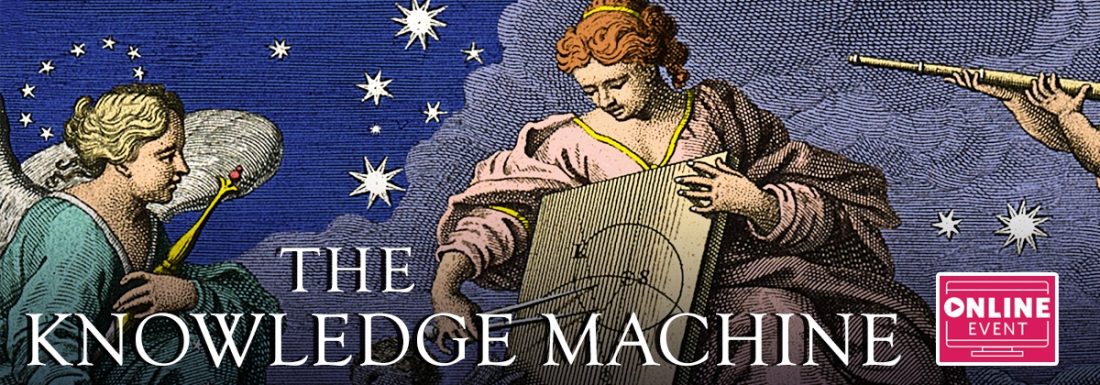All Library locations will be closed Monday, January 19 for Martin Luther King, Jr. Birthday.
Science has always been interwoven in our daily lives but perhaps never as noticeably – and for some, uncomfortably – as it is amid our struggles now to respond to the COVID-19, pandemic, climate change, and other global challenges.
New York University’s Michael Strevens pulls back the curtain on the process of science.
In a discussion of his new book The Knowledge Machine: How Irrationality Created Modern Science, Strevens examines the evolution of scientific thought and practice and what makes it so powerful today. It’s not about logic. Strevens demonstrates that the modern science was built on less rationality, not more. By ignoring religion, aesthetic beauty, and especially philosophy, early scientists embraced a narrow method of inquiry allowing them to channel unprecedented energy into observation and experiment. The same force has driven the success of science ever since.
Today, in the face of the pandemic and changing climate, Strevens argues that this idiosyncratic but highly effective process must be protected from politicians, commercial interests, and even scientists themselves who seek to open it up, make it less narrow and more rational – and thereby threaten to undermine its devotedly empirical search for truth.
Strevens is a professor of philosophy at NYU whose work and writings revolve around the nature of science. A native of New Zealand, he earned a Guggenheim Fellowship in 2017.
